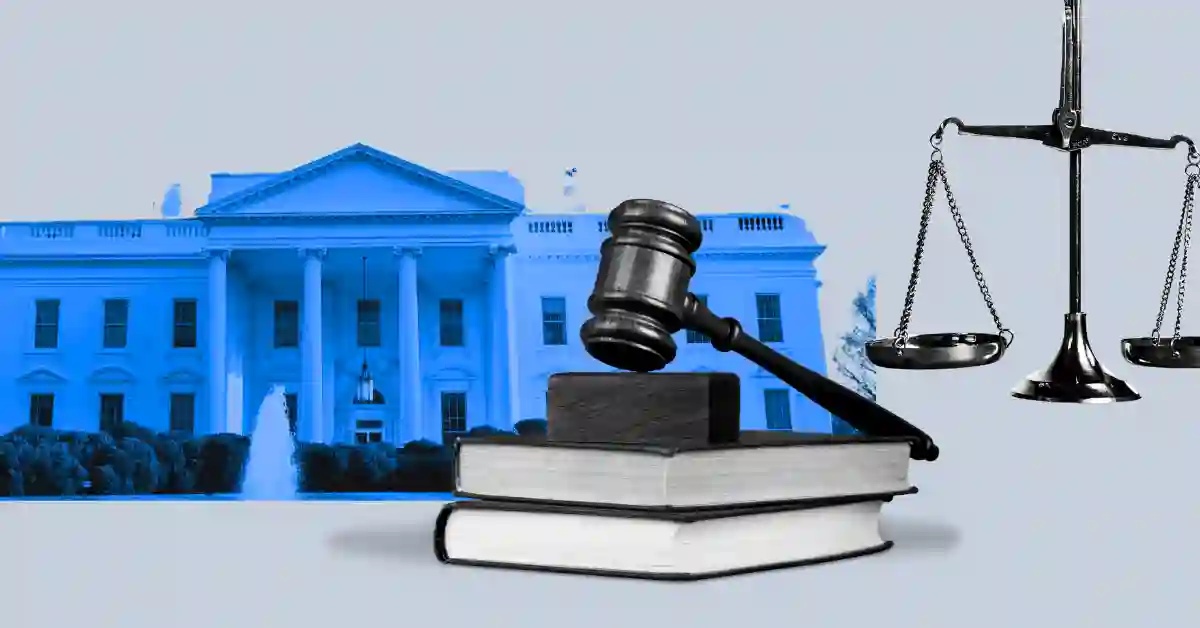
Congress voted to overturn an IRS rule requiring crypto transaction reporting, citing concerns about stifling innovation and enforceability, especially for DeFi.
The bill, having passed both chambers, requires a final Senate vote due to budget rules before potentially reaching President Trump.
The debate highlights a division: proponents argue the rule is harmful and unworkable, while opponents warn it could enable tax evasion.
U.S. lawmakers have voted to cancel an IRS rule that required crypto companies, including decentralized finance (DeFi) platforms, to collect and report taxpayer and transaction information. The House passed the resolution with a 292-132 vote after the Senate had already rejected the rule. Originally finalized in the last days of former President Biden’s administration, the rule’s repeal could reshape how crypto businesses are regulated in the U.S.
Fox Business journalist Eleanor Terrett explained that because budget-related bills must start in the House, the Senate will need to vote on the resolution again. If it passes, it will head to President Trump’s desk, making it the first crypto-related bill to become law under his administration.
Concerns Over Business Impact and Innovation
Missouri Republican Jason Smith urged lawmakers to support the repeal, warning that the IRS rule could hurt U.S. businesses and slow down innovation. He pointed out that enforcing the rule would be nearly impossible because DeFi platforms, unlike banks or centralized exchanges, don’t have the ability to collect detailed user information.
Last week, 70 Senators voted to overturn the IRS rule, with Trump’s advisers encouraging him to sign it. Smith also noted that if the bill is signed into law, it would prevent the IRS from enforcing similar rules in the future.
Divided Opinions on Crypto Taxation
Not all lawmakers agreed with the repeal. Illinois Democrat Danny Davis defended the IRS rule, arguing that it was part of the 2021 Infrastructure Act. He compared crypto platforms to stock brokers, saying they should report transactions just like brokerage firms do.
Meanwhile, North Carolina Republican Tim Moore called the rule an overreach, warning that it could slow down U.S. innovation in digital assets.
Critics Warn of Financial Risks
Texas Democrat Lloyd Doggett strongly opposed the resolution, calling it “special interest legislation.” He argued that repealing the rule could help tax evaders, criminals, and terrorist financiers while adding $4 billion to the national debt—going against President Trump’s goal of reducing government spending.
All eyes are now on the Senate as the crypto world waits for the final word on this controversial rule.
Never Miss a Beat in the Crypto World!
Stay ahead with breaking news, expert analysis, and real-time updates on the latest trends in Bitcoin, altcoins, DeFi, NFTs, and more.







